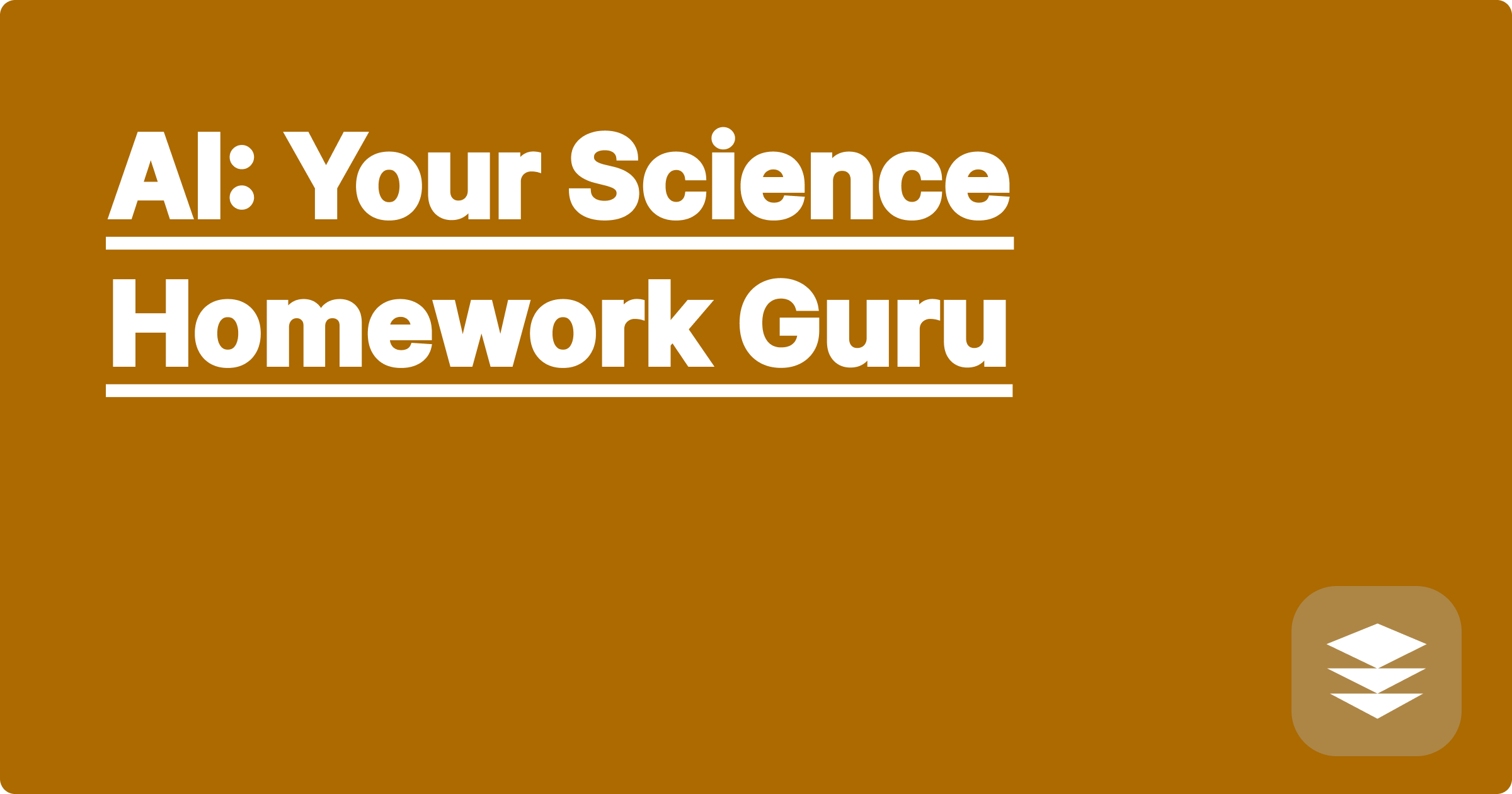
The world of STEM education and research often presents a formidable challenge: the sheer volume and complexity of information can be overwhelming. Students struggle with intricate concepts, complex problem-solving, and the ever-present pressure to keep up with the fast-paced curriculum. Researchers face similar hurdles, navigating vast datasets, complex simulations, and the constant demand for innovation. Artificial intelligence (AI) is emerging as a powerful tool to address these challenges, offering a new paradigm for learning, problem-solving, and accelerating scientific discovery.
This transformation matters significantly for STEM students and researchers. AI can provide personalized support, tailored to individual learning styles and research needs. Imagine having a virtual tutor available 24/7, capable of explaining complex concepts, providing step-by-step guidance through problem sets, and even generating creative solutions to research challenges. This personalized learning experience can significantly enhance comprehension, boost productivity, and ultimately, empower students and researchers to achieve their full potential in STEM fields. Embracing AI tools can equip the next generation of scientists and engineers with the skills and knowledge necessary to thrive in a rapidly evolving technological landscape.
STEM subjects are often built upon layers of interconnected concepts. Mastering these fundamentals is crucial for tackling more advanced topics, but the sheer volume of information can be daunting. Students frequently encounter difficulties in understanding complex equations, visualizing abstract concepts, and applying theoretical knowledge to practical problems. Similarly, researchers often face challenges in efficiently processing large datasets, identifying relevant information, and formulating testable hypotheses. The traditional approach to learning and research, often relying on textbooks and manual calculations, can be time-consuming and inefficient, hindering progress and limiting exploration. This creates a need for more effective and personalized learning and research tools that can adapt to individual needs and accelerate the pace of discovery.
AI tools like ChatGPT, Claude, and Wolfram Alpha offer a revolutionary approach to STEM learning and research. These sophisticated language models and computational engines can process vast amounts of information, provide insightful explanations, and even generate creative solutions to complex problems. ChatGPT and Claude excel at explaining concepts in natural language, offering personalized tutoring and answering specific questions. They can break down complex equations step-by-step, provide contextual examples, and even generate practice problems. Wolfram Alpha, with its powerful computational capabilities, can perform complex calculations, solve equations, generate visualizations, and provide detailed information on a wide range of scientific topics. By leveraging these AI tools, students and researchers can gain a deeper understanding of complex concepts, accelerate their learning process, and unlock new avenues for scientific exploration.
Let's consider an example: understanding the concept of derivatives in calculus. First, you can ask ChatGPT or Claude to explain the concept of a derivative in simple terms, providing real-world examples. Next, you can ask the AI to walk you through the process of calculating the derivative of a specific function, explaining each step in detail. You can even ask for alternative explanations or examples if you’re still struggling with the concept. For more complex calculations or visualizations, Wolfram Alpha can be invaluable. You can input the function directly into Wolfram Alpha, and it will not only calculate the derivative but also provide graphs, alternative representations, and related information. This interactive and personalized learning experience can significantly enhance comprehension and retention compared to traditional methods.
Consider the physics problem of calculating the trajectory of a projectile. You can use ChatGPT or Claude to explain the relevant equations, such as the equations of motion under constant acceleration. Then, you can use Wolfram Alpha to plug in specific values, like the initial velocity and angle of projection, and it will calculate the projectile's trajectory, maximum height, and range. Wolfram Alpha can even generate a visual representation of the trajectory. Another example is understanding chemical reactions. You can ask ChatGPT or Claude to explain a specific reaction, like the Haber-Bosch process, and Wolfram Alpha can calculate the equilibrium constant or reaction rate given specific conditions. In research, AI tools can be used to analyze large datasets, identify trends, and generate hypotheses. For instance, you could use AI to analyze genomic data, identify potential drug targets, or predict protein folding patterns.
To effectively integrate AI into your STEM studies or research, it’s essential to develop a strategic approach. First, clearly define your learning objectives or research questions. This will help you focus your AI interactions and extract the most relevant information. Second, learn to formulate effective prompts for AI tools. Clear and specific prompts will yield more accurate and insightful responses. Third, always critically evaluate the information provided by AI. While these tools are powerful, they are not infallible. Cross-reference the information with other sources and verify the results. Finally, remember that AI is a tool to enhance, not replace, your own learning and critical thinking skills. Use AI to gain a deeper understanding of concepts and accelerate your progress, but always engage actively with the material and develop your own analytical abilities.
Concluding, the integration of AI into STEM education and research represents a paradigm shift. These powerful tools offer personalized learning experiences, accelerate problem-solving, and open new avenues for scientific discovery. By embracing AI and developing effective strategies for its use, students and researchers can unlock their full potential and contribute to the advancement of scientific knowledge. Start exploring these tools today, experiment with different approaches, and discover the transformative power of AI in your STEM journey.
AI: Your Coding Homework Buddy
AI: Automate Engineering Tasks